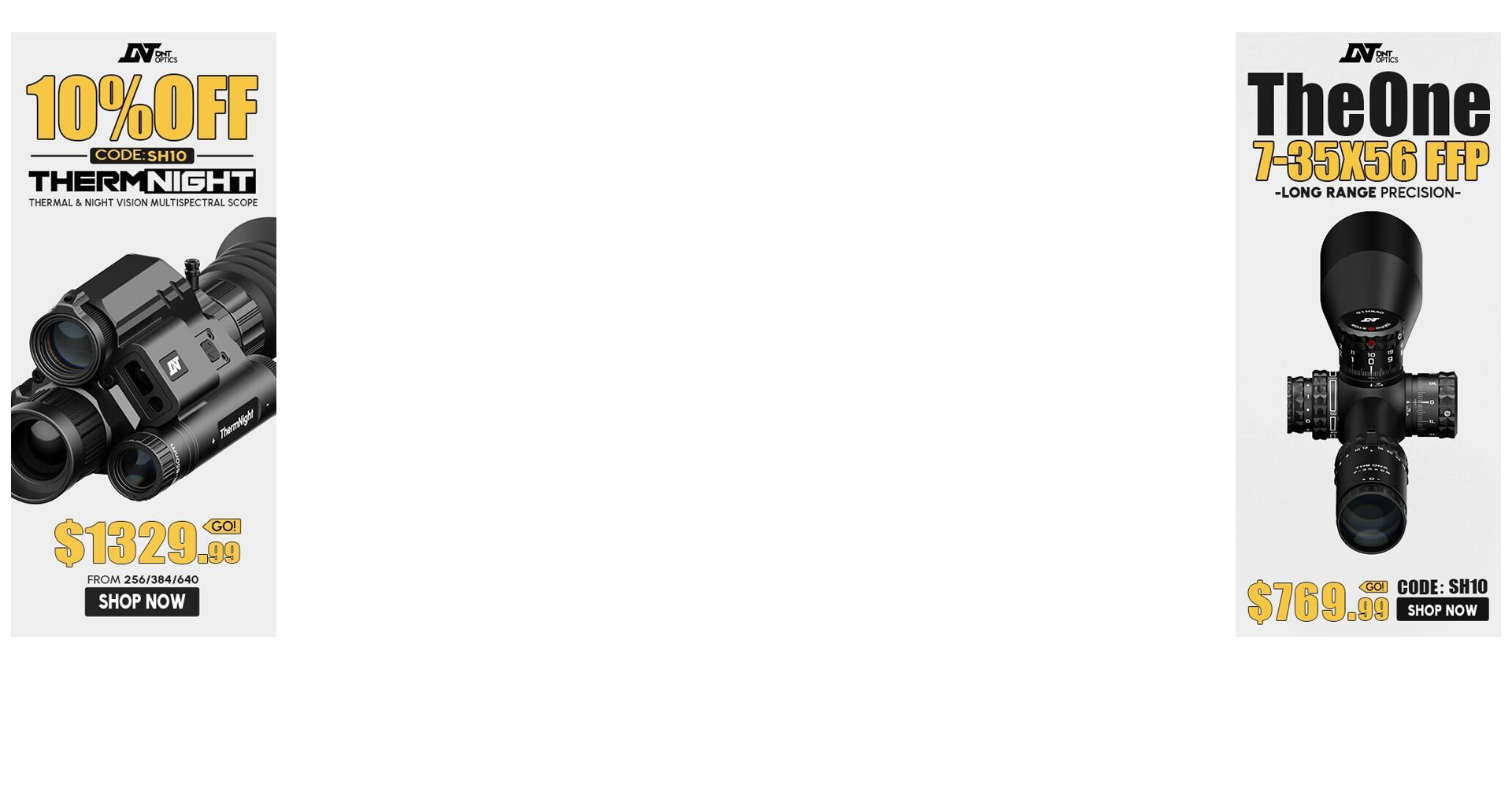Even though this is a gun forum filled with people suspicious or downright hostile to science, I suspect at least a few of you would get a kick out of spotting comet ISON in the coming days. It should be reaching perihelion around Turkey Day and if it survives skimming the surface of the Sun, it should put on a spectacular light show! With it currently so close to the Sun, it's nearly impossible to safely view without special equipment. The SDO satellite however will be imaging the comet during this window and we'll be able to follow it in real time on this site:
Comet ISON - Comet ISON Viewing
It's been hard to predict with any confidence whether it will survive the massively increased sublimation and tidal forces with such a close approach, but since it appears to still be intact at this point I'd say the odds are pretty good. If it survives, then right after Thanksgiving we should be able to spot it just after dusk or right before dawn when the Sun is below the horizon. The trick is to spot Venus, which should be the brightest "star" in the sky and start scanning to the right. Heavens-Above is a good place to figure out where in the sky you should be looking from your location.
More detailed information from the scientific community can be found at the Planetary Society website:
Comet ISON live blog | The Planetary Society
Comet ISON - Comet ISON Viewing
It's been hard to predict with any confidence whether it will survive the massively increased sublimation and tidal forces with such a close approach, but since it appears to still be intact at this point I'd say the odds are pretty good. If it survives, then right after Thanksgiving we should be able to spot it just after dusk or right before dawn when the Sun is below the horizon. The trick is to spot Venus, which should be the brightest "star" in the sky and start scanning to the right. Heavens-Above is a good place to figure out where in the sky you should be looking from your location.
More detailed information from the scientific community can be found at the Planetary Society website:
Comet ISON live blog | The Planetary Society

